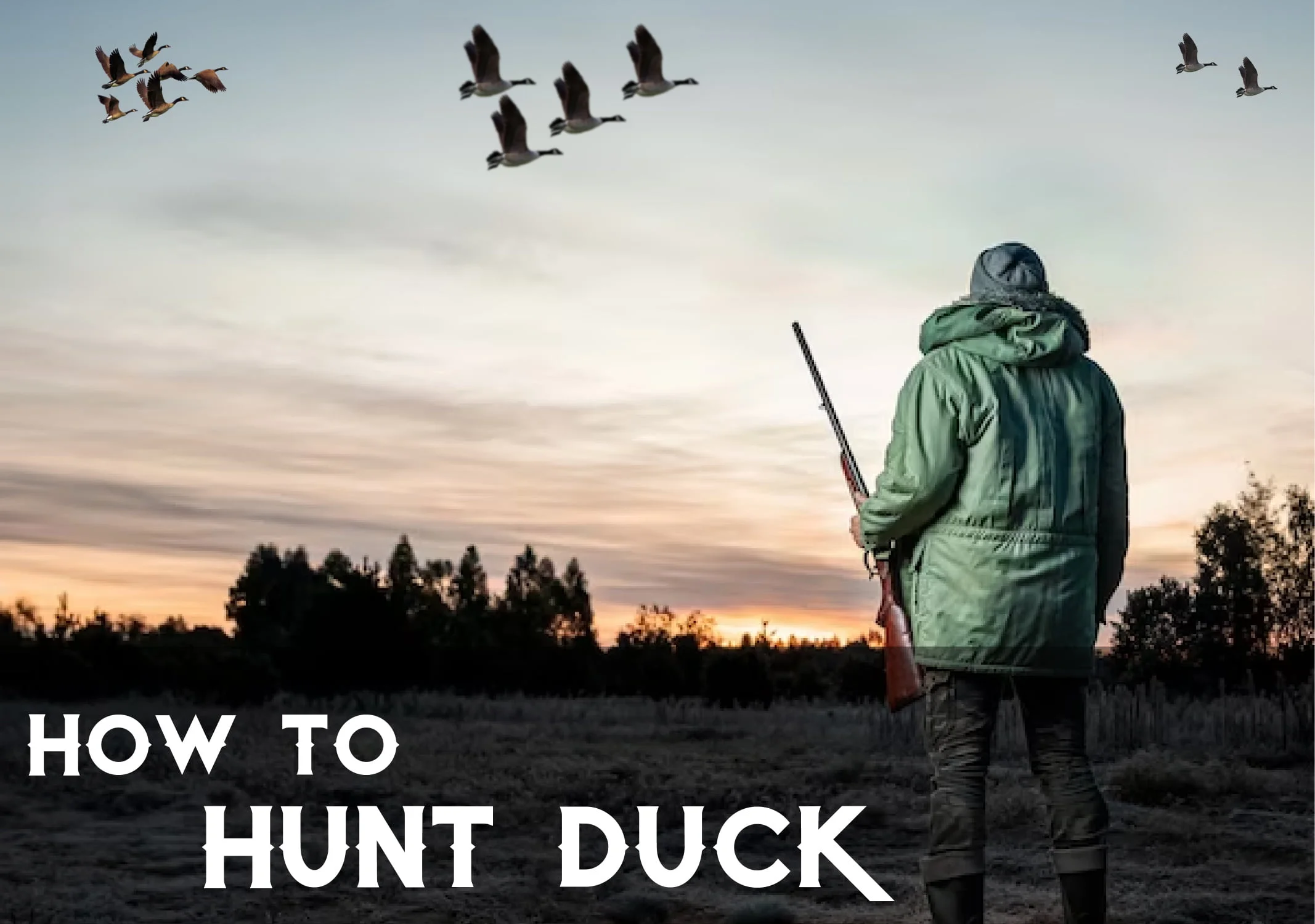
Table of Contents
Duck hunting is a richly rewarding pursuit, a combination of skill, patience, and connection to nature. Whether it’s the thrill of the hunt, the camaraderie with fellow hunters, or the simple pleasure of being in the great outdoors, hunting has a unique appeal.
Ducks offer a challenging target for hunters due to their speed and agility in flight. Moreover, waterfowl hunting contributes to conservation efforts, helps control populations, and provides a source of organic, free-range meat.
Knowing your duck species is fundamental to a successful hunt. Mallards, teal, and pintails are some of the most commonly hunted ducks. Each species has unique characteristics and behaviors.
Ducks are typically active during early morning and late afternoon, known as the “fly times”. They also have preferred habitats, often near bodies of water.
Ensure that you possess the necessary permits and licenses for hunting . Requirements can vary by location, so check with your local wildlife agency.
Regulations can dictate when you can hunt, bag limits, hunting methods, and more. Abiding by these rules ensures sustainable hunting practices.
Ethical hunters respect their quarry and adhere to regulations. They also recognize their role in conservation, helping to maintain balanced duck populations.
Shotguns are the go-to firearm for hunting. The gauge of the shotgun and type of ammunition will depend on the species you are hunting and the range of your shots.
Choose weather-appropriate, waterproof clothing. Camouflage patterns that match your hunting environment can make you less noticeable to ducks.
Decoys and calls can attract ducks to your location. Other useful gear includes a blind for concealment and a retriever dog to fetch downed ducks.
Location is crucial. Ducks favor water bodies with abundant food and cover. Scouting ahead of time can help you pinpoint the best hunting spots.
Successful calling and decoy placement can mimic natural duck behaviors and lure ducks into range. Practice and experience will perfect these skills.
Shooting a fast-moving duck requires skill and timing. A common technique is “swing-through” shooting, where the hunter starts behind the duck, swings through it, and fires ahead of it.
Always treat a firearm as if it’s loaded. Keep the safety on until you’re ready to shoot, and never point the gun at anything you don’t intend to shoot.
Hunting often exposes you to cold, wet conditions. Wear appropriate clothing, stay dry, and be aware of the signs of hypothermia.
Duck hunting offers a unique blend of challenge, camaraderie, and connection with nature. As hunters, we should always strive to be ethical, respectful, and safe in our pursuit.
With the right preparation, gear, and knowledge, you can embark on the rewarding adventure that is hunting. Always remember, hunting is not just about the pursuit, but also about respect for nature and wildlife. Happy hunting!
Hunting isn’t just a sport it’s a legacy of stewardship, respect for nature, and hands-on…
If you’re new to hunting or target shooting, choosing the right rifle scope can feel…
If you're out bowhunting, you know that estimating yardage isn’t just helpful it’s essential. A…
Table of Contents Introduction Gun ownership laws and regulations in the United States vary from…
For hunters and shooting enthusiasts, having a secure and organized way to transport firearms is…
When the hunting season approaches, every serious bowhunter knows: your bow isn’t just gear it’s…
This website uses cookies.